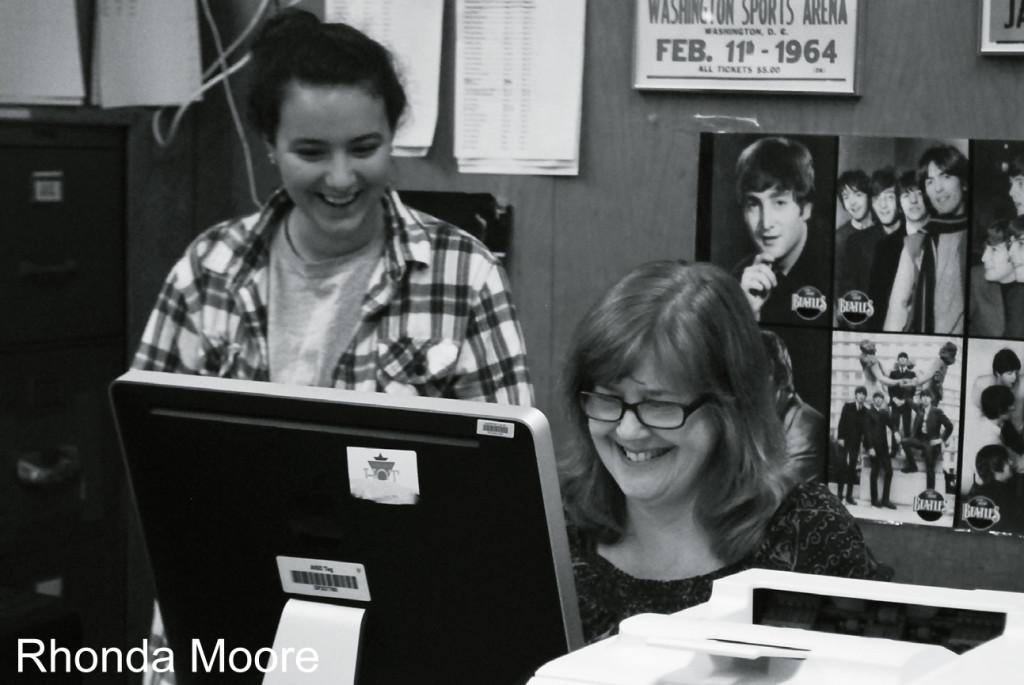
Rhonda Moore taught journalism for 26 years, the last 16 of them at McCallum. For her performance and dedication as a journalism instructor and publications adviser and for her service to the state press association, Moore will receive the Lifetime Achievement Award from the Journalism Education Association.
Moore said she wasn’t expecting the call when it came.

“My phone rang one morning, and I saw the call was from California,” Moore said. “I’d been getting lots of telemarketer calls, and I thought this was one of those calls.”
But the call wasn’t from a telemarketer. It was from Casey Nichols, a nationally respected journalism teacher in Rocklin, Calif. Moore knew Nichols but had no idea why he was calling her.
“When I found out it was the Lifetime Achievement Award, I was floored. I couldn’t believe it,” Moore said. “I’m still in shock. … I felt both happy and humble at the same time because I know a lot of those teachers are deserving of the award.”
Moore certainly is one of those teachers. For 20 years she headed the Texas Association of Journalism Educators as executive director. She has also earned the Interscholastic League Press Conference’s Journalism Teacher of the Year award, the Columbia Scholastic Press Association’s Gold Key Award, and the Interscholastic Press Association’s Distinguished Service Award.
The McCallum journalism students lucky enough to study under Moore know precisely why Moore’s work in scholastic journalism is a profound lifetime achievement.
“There were countless everyday moments with Ms. Moore that taught me so much about being a journalist,” said former student Seren Villwock, the co-editor of The Shield in 2014-2015. “One moment that stands out was when I was writing a difficult story that was receiving criticism from a parent. It was a sensitive topic—a recent tragedy on campus—and the parent was adamant that they did not want anything related to the topic to be published.”
Willock felt the story was important to the community the newspaper served and needed to be told.
“I remember being surprised at how much trust Ms. Moore put in us,” Willock remembered. “She allowed us to make the decisions as students, and though she gave us guidance and support, she fully trusted our judgment. It was a moment that showed me that we were doing real journalism—that our voices and our stories mattered, and the questions we were asking were important. … Though I was nervous to distribute the papers not knowing what the reaction might be, the reception was positive, and Ms. Moore was there beside us through it all.”
Moore said how she loved working at McCallum, where she spent more than half her career guiding and instructing the newspaper and yearbook programs.
“McCallum was far and away the best school of my career,” Moore said. “I’m pretty liberal, and most people at McCallum are the same. It was nice to work with people who think the same way I do. The two best principals I worked for were at McCallum: Shelley Pittman and Michael Garrison. Both let me do my job without interference. Both never questioned my ability to do my job. There are many, many schools that have principals that expect to see every word in a publication before it is printed. They will pull stories they don’t like and question advisers about why they would let students write about controversial topics. I never had that problem at McCallum.”
In an environment that encouraged a free press, Moore and the students she mentored flourished. All of Moore’s former students interviewed for this story agreed that she expected quality work but was more than happy to point them in the right direction when they needed guidance.
“Ms. Moore was definitely more reserved at times but always made us feel welcome in her room,” former yearbook editor Christina Beck said. “There was sort of an unspoken respect between us and her. She expected high quality work from us and we wanted to produce that work for her. Ms. Moore’s affinity for the Beatles… was something we could always talk about with her.”
Though she has been retired for almost a year and a half now, Moore still stays active in the Texas student journalism community.
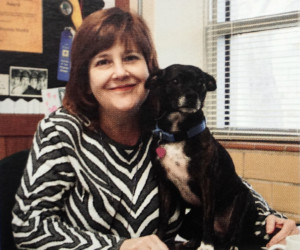
“Retirement is awesome,” Moore said. “I can sleep late (when my dogs let me) and nap any time I want. But I find myself busy all the time. I still have ties to scholastic journalism. I judge publications and contests, and I’ve starting writing practice contests for journalism. I’ve been executive director of the Texas Association of Journalism Educators for 21 years. Although I’m giving it up at the end of this school year, I appreciate the way it allowed me to give more to scholastic journalism and to get to meet so many advisers from across the state.”
As a teacher, Moore was known for hands-off approach to student journalism, allowing her students to take initiative and learn for themselves.
“She let us do our own thing,” former newspaper editor Hannah Ilan said. “She never really forced us to do a page a certain way or write an article from a certain viewpoint; she really just let us be guided by our own creativity and journalism skills. Because of that, she really helped us grow as journalism students on our own without any rush.”
Moore frequently asserts how much she loved living out her passion for teaching at McCallum.
“I absolutely loved watching my editors guide their staffs, working one-on-one with new reporters and teaching them what they had learned,” Moore said. “I loved watching students who were so quiet and shy as freshmen turn into confident leaders by the time they were seniors. I loved laughing with students over silly things. I loved seeing the expressions on students’ faces when publications came out, when they got to see their work and know they did something great. … McCallum and I were the perfect combination.”
The former students we interviewed each had something unique to say about her teaching style and personality, but all agreed that she was a role model and a positive influence on their high school lives.
“She is very nurturing and generous, but also well spoken and definitely not a pushover,” former newspaper editor-in-chief Natalie Murphy said. “I’m sort of a slow learner, and she was always very patient with me. She had to remind me how to spell the word ‘performance’ everyday for three years and never failed to be gracious with me. Being in her room was like being at your aunt’s house, very comfortable and fun.”
On Nov. 12, the Journalism Education Association will award Moore and nine other retired advisers the Lifetime Achievement Award. To read the JEA announcement of the award to click here.
— with reporting by Rachel Wolleben
We encourage members of the McCallum community or the larger scholastic journalism community to leave a note of congratulations in the comments sections below.


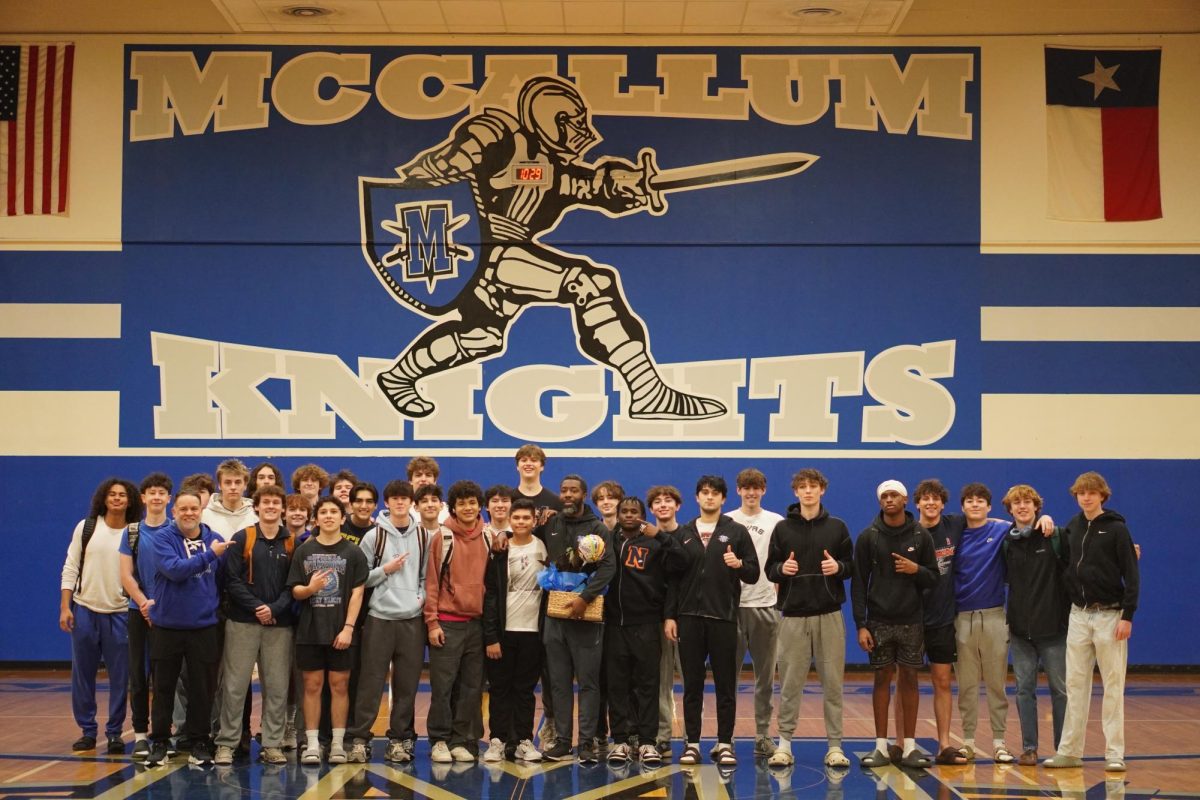
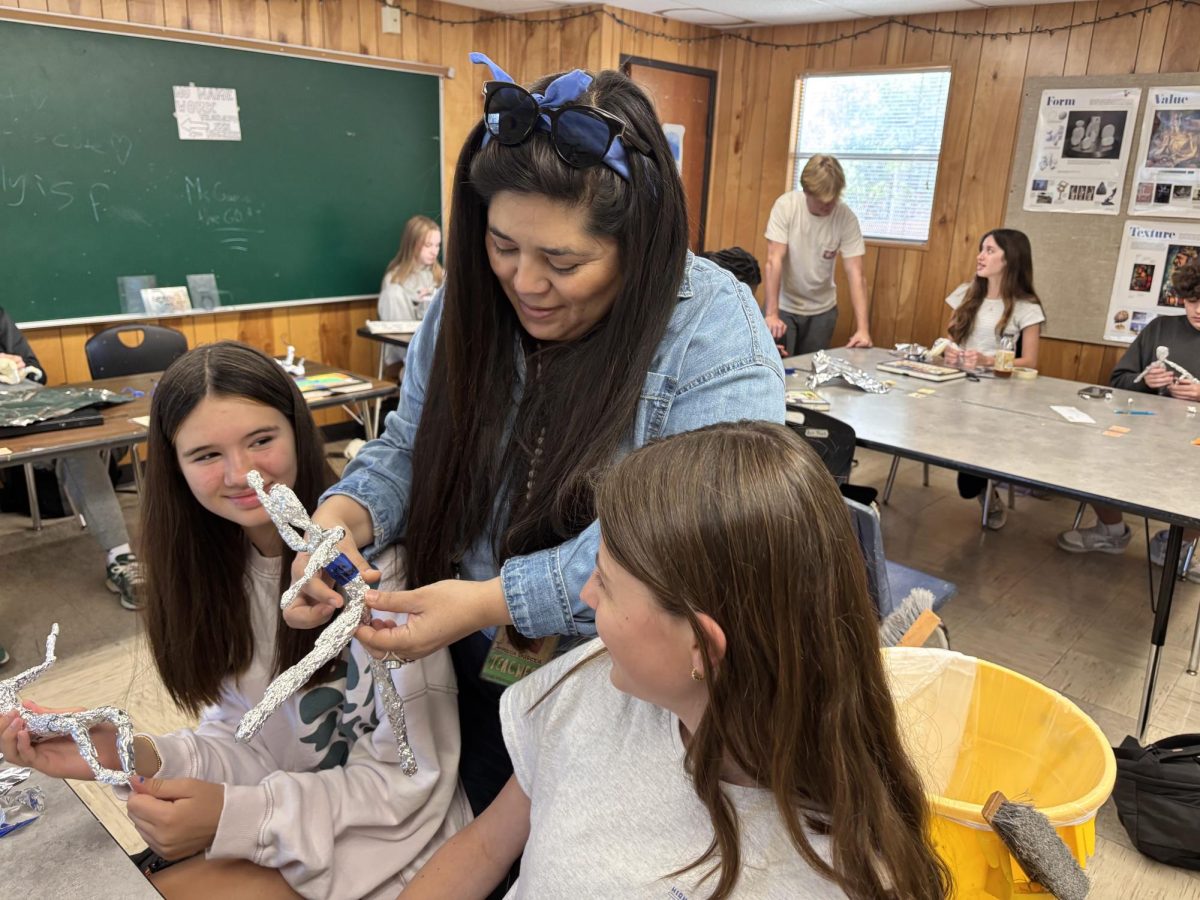

![This is Paul Pew's high school graduation photo. The 2023-2024 school year marked his 34th year of teaching. He began his career in Washington, then came to McCallum where he has taught for the past 17. At heart though, he’s really a musician. One that grew up in many different places, including Chicago and California, who took interest in teaching from a young age. His high school choir experience, along with some international singing in college, persuaded him that teaching was his path. He knew he wanted to be able to help create works of art in the fine arts department as well, so he joined McCallum. He’s worked on many of the musicals over the years, even before Joshua Denning, the former theatre director of the fine arts program arrived. Before him was a different director: Tatum.
“I was the music director for all the musicals,” Pew said. “[Mr. Tatum and I] worked very hard, and I just got to the point where I was satisfied with it.” Although he may not be as prominent of a member in the musical theatre community at McCallum anymore, he still plays piano. “I still do a lot of music down at the Music end of the building,” Pew said. Photo courtesy of Paul Pew.](https://macshieldonline.com/wp-content/uploads/2024/07/Paul-Pew-1974-888x1200.jpg)
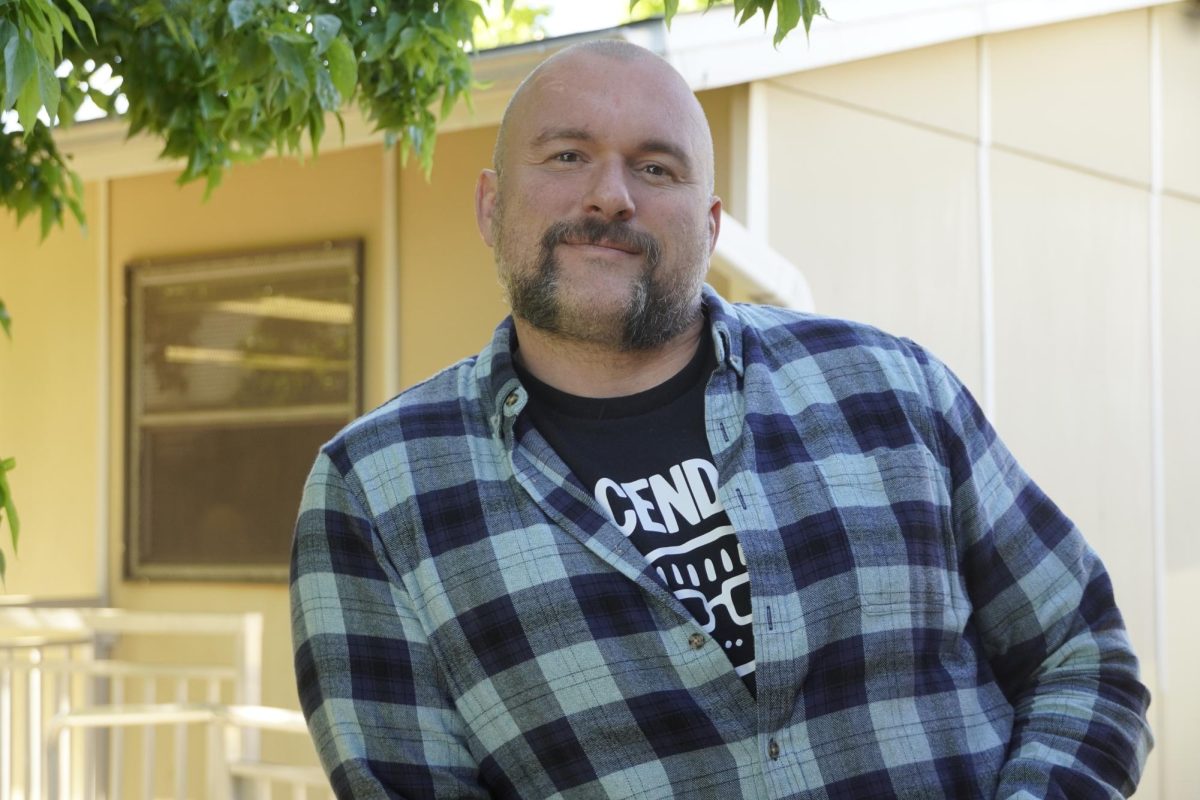
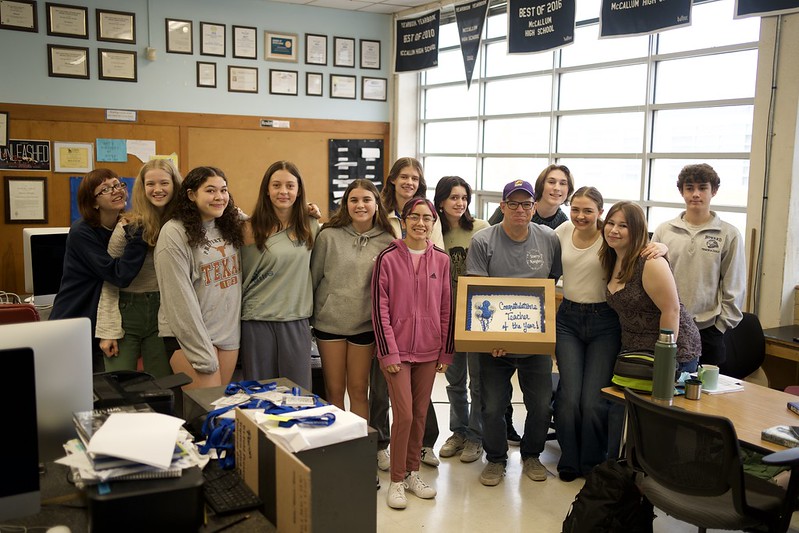




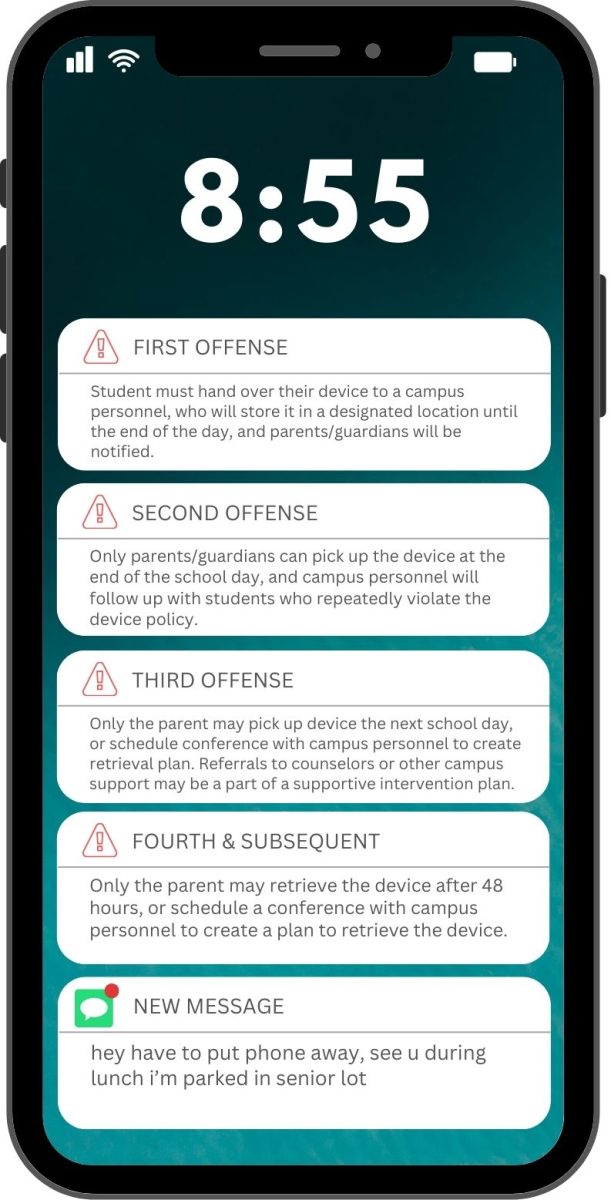

MIke Garrison • Sep 6, 2016 at 9:32 am
Congratulations Rhonda for this well deserved recognition. You were always a class act and loved by your students and staff. Your common sense and subtle guidance of students in what could have been controversial topics was the key to your students learning how to walk the fine line of being a reporter. The “Shield” and yearbook were always outstanding products. Thank you for all you did for McCallum!
Jeff Rudy • Sep 5, 2016 at 9:20 pm
Bravo, Ms. Moore – for a job well done and for recognition much deserved!
Janice Cummons • Sep 5, 2016 at 5:53 pm
Congrats on this well deserved recognition. Rhonda has been tireless as a champion of scholastic journalism. She gives students the tools to do their job and helps all of us be better at our craft just by being in her space. I am happy to call Rhonda a peer and a friend.